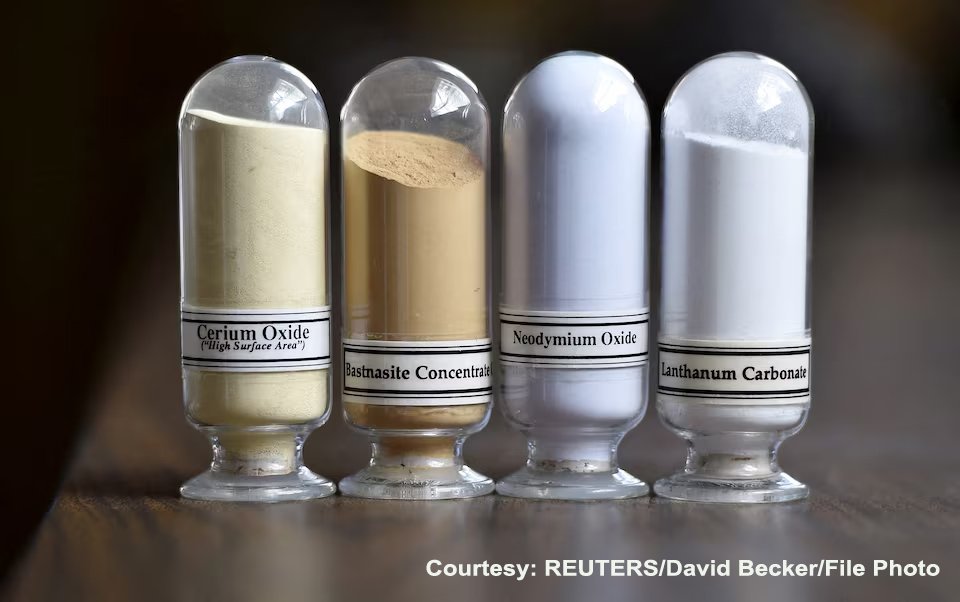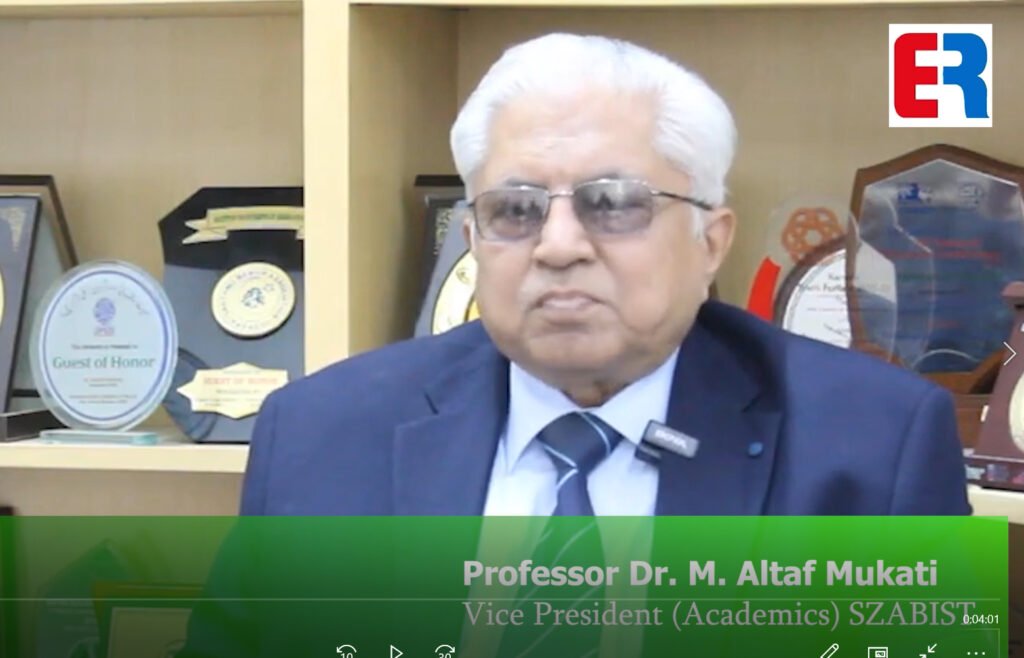WORLD
Researchers at the University of New Hampshire have harnessed artificial intelligence to accelerate the discovery of new functional magnetic materials, creating a searchable database of 67,573 magnetic materials, including 25 previously unrecognized compounds that remain magnetic even at high temperatures.
“By accelerating the discovery of sustainable magnetic materials, we can reduce dependence on rare earth elements, lower the cost of electric vehicles and renewable-energy systems, and strengthen the U.S. manufacturing base,” said Suman Itani, lead author and a doctoral student in physics.
The newly created database, named the Northeast Materials Database, helps to more easily explore all the magnetic materials which play a major role in the technology that powers our world: smartphones, medical devices, power generators, electric vehicles and more. But these magnets rely on expensive, imported, and increasingly difficult to obtain rare earth elements, and no new permanent magnet has been discovered from the many magnetic compounds we know exist.
How AI is transforming materials research
The research, published in the journal Nature Communications, outlines how the UNH team built an artificial intelligence system that can read scientific papers and extract those key experimental details.
This data fed computer models that identified whether a material is magnetic, and how high a temperature it can withstand before losing its magnetism and organized it into a single, searchable database.
Scientists know that many undiscovered magnetic compounds exist, but testing every possible combination of elements—potentially millions—in the lab is prohibitively time-consuming and expensive.
“We are tackling one of the most difficult challenges in materials science—discovering sustainable alternatives to permanent magnets—and we are optimistic that our experimental database and growing AI technologies will make this goal achievable,” said Jiadong Zang, physics professor and co-author.
Researchers, which also include co-author Yibo Zhang, a postdoctoral researcher in both physics and chemistry, say that moving forward the modern large language model behind this project could have widespread use beyond this database, particularly in higher education. For instance, converting images to a modern rich text format could also be used to modernize library holdings. – Courtesy TX/Nature Communications
MORE NEWS
SZABIST to Close Dubai Campus After HEC Policy Constraints: Dr. M. Altaf Mukati
PAKISTAN SZABIST University has announced the closure of its Dubai campus, with the last batch…
OGDCL Announces Oil, Gas Discovery at Baragzai X-01 Well in KP
PAKISTAN Oil and Gas Development Company Limited (OGDCL) has announced a new oil and gas…
Aleem Khan Invites Global Investors to Invest in M-6 Sukkur–Hyderabad Motorway Project
PAKISTAN Abdul Aleem Khan has underscored Pakistan’s growing role as a vital “economic bridge” linking…
OGDCL Tests New Gas and Condensate Well at Dars West Field in Sindh
PAKISTAN Oil and Gas Development Company Limited (OGDCL) has successfully tested a new development well…
HBL Reappoints Muhammad Nassir Salim as President & CEO for Two-Year Term
PAKISTAN Habib Bank Limited (HBL) has announced the reappointment of Mr. Muhammad Nassir Salim as…
PC Board Forms Committee to Negotiate with ADB on Islamabad Airport Privatisation
PAKISTAN The Privatisation Commission Board (PC Board), in its 248th meeting held on Monday, constituted…







